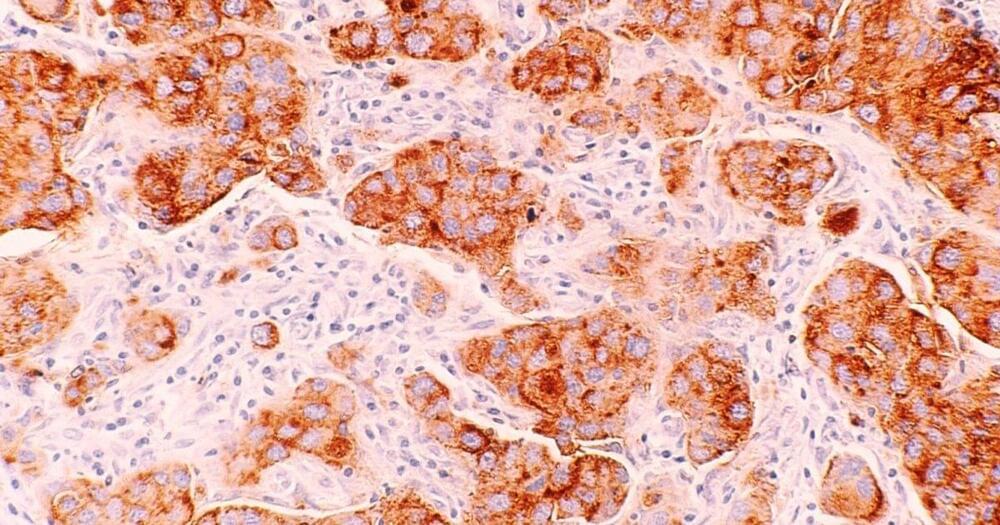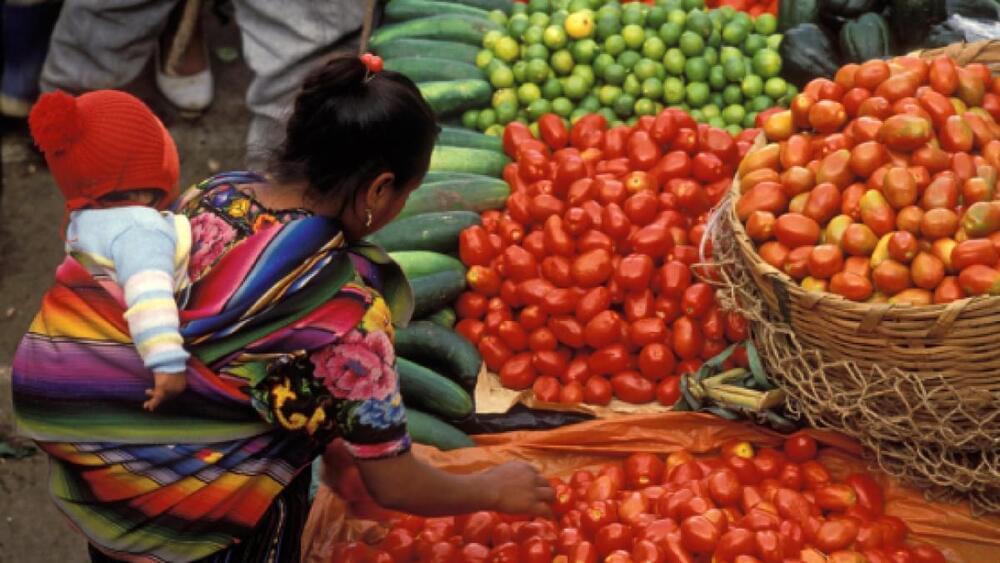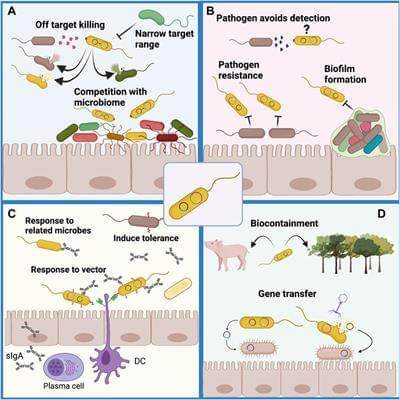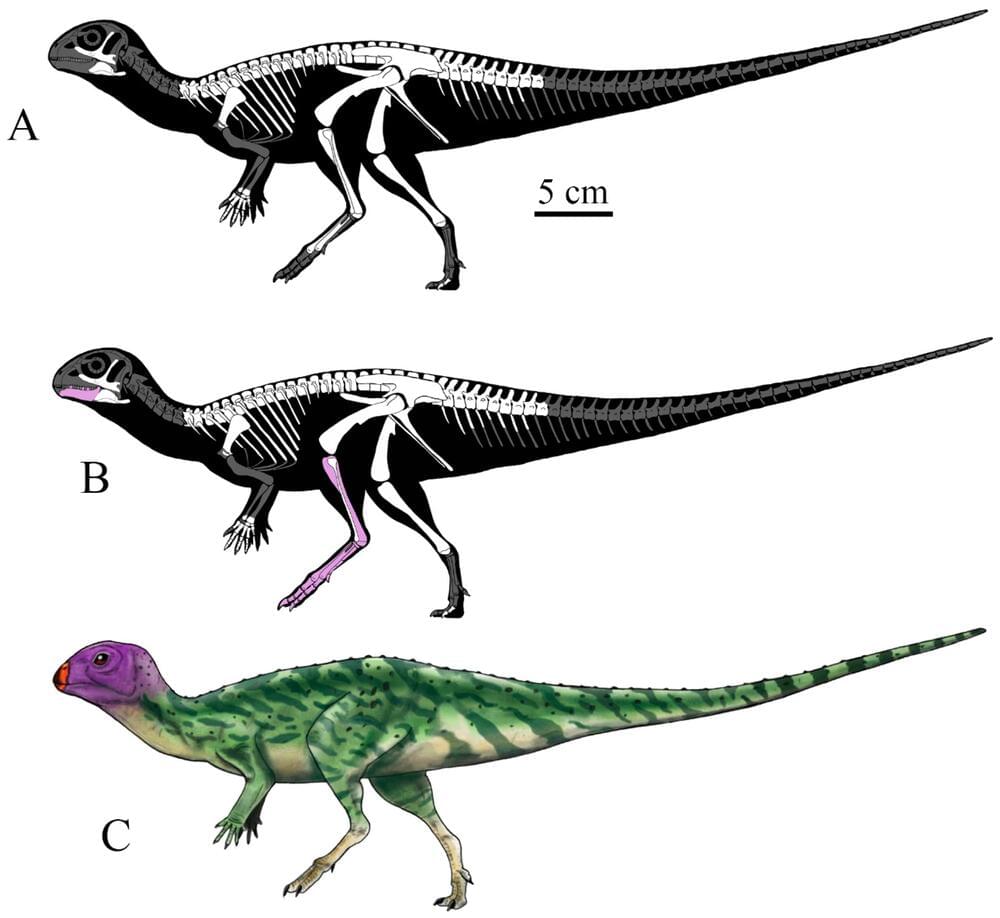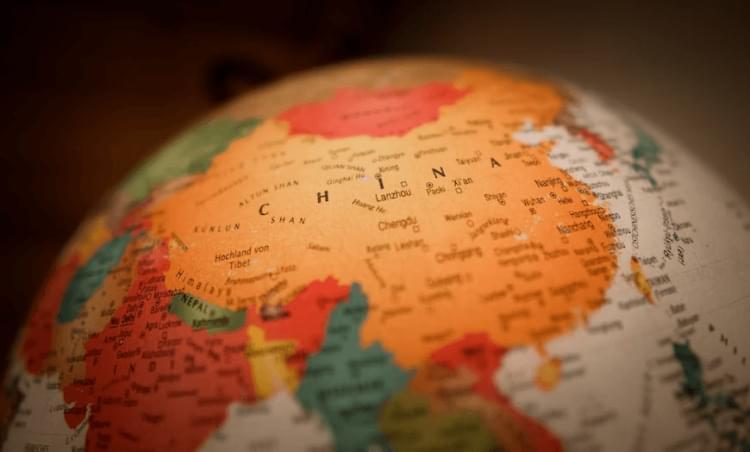Archive for the ‘food’ category: Page 56
Jul 30, 2023
How Much Junk Food Is Bad For Health?
Posted by Mike Lustgarten in categories: biotech/medical, food, genetics, health
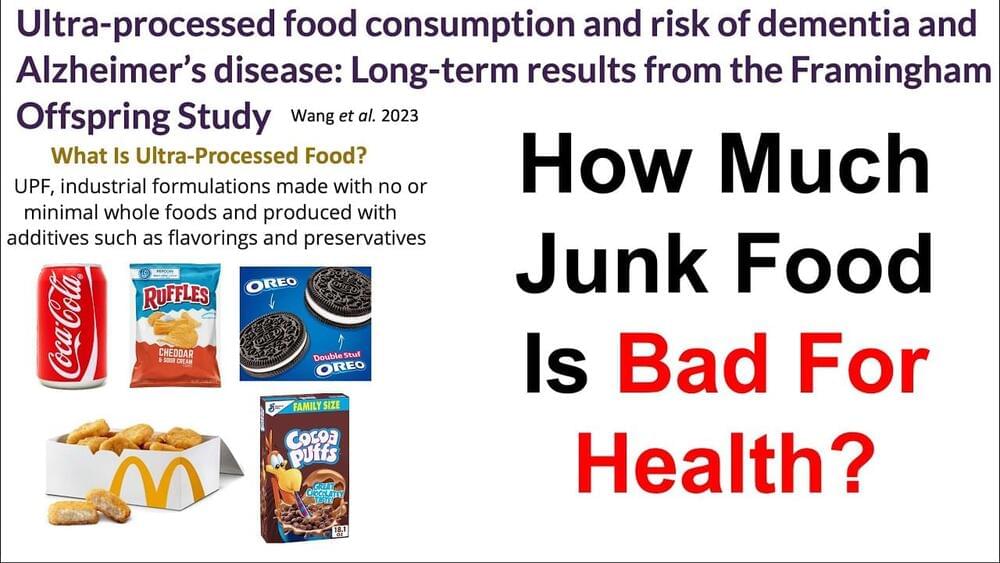
Join us on Patreon! https://www.patreon.com/MichaelLustgartenPhD
Discount Links:
At-Home Metabolomics: https://www.iollo.com?ref=michael-lustgarten.
Use Code: CONQUERAGING At Checkout.
Jul 29, 2023
Certain diets can starve cancer cells
Posted by Shubham Ghosh Roy in categories: biotech/medical, food
Low-calorie, intermittent-fasting, and ketogenic diets all can lower the amount of blood glucose available to fuel cancer cells.
Jul 29, 2023
Building a better food system
Posted by Shubham Ghosh Roy in categories: biotech/medical, food
More people than ever before—828 million, according to the most recent estimates—do not know where their next meal will come from. Yet we are producing more food than ever, with cereal grain production at an all-time high. How did we get so far off track in ending hunger and how do we get back on course?
Food crises are complex, and the temptation is to fix the symptom, rather than identifying the cause. COVID-19, conflict, and climate change are among the most frequently cited causes of the current food price crisis, but the underlying systemic issue remains: We need to radically transform the way we produce and consume food.
A more stable, equitable, and sustainable food system would connect the world’s 600 million farms with its 8 billion consumers, and capitalize on the ability to both feed the hungry while mitigating greenhouse gas emissions and rapidly adapting to a changing climate. We must act now, together, and decisively, or risk more crises in the future. Five critical actions are set out below.
Jul 29, 2023
A.I. is making some common side hustles more lucrative—these can pay up to $100 per hour
Posted by Shubham Ghosh Roy in categories: business, employment, food, robotics/AI
Artificial intelligence still has a long way to go before completely taking over most human jobs. But it can already make some side hustles easier and more lucrative, primarily by saving people time.
“Automation, I think, is the key to reducing your workload,” Sean Audet, a food photographer who uses generative AI tools like ChatGPT to write emails and business plans, told CNBC Make It earlier this month. “When a client first reaches out to me, I need to be able to quickly deliver a bunch of information about services and costs … in a nice, succinct and personalized way.”
Jul 29, 2023
Bioengineered Probiotics: Synthetic Biology Can Provide Live Cell Therapeutics for the Treatment of Foodborne Diseases
Posted by Dan Breeden in categories: bioengineering, biotech/medical, economics, food, health
The rising prevalence of antibiotic resistant microbial pathogens presents an ominous health and economic challenge to modern society. The discovery and large-scale development of antibiotic drugs in previous decades was transformational, providing cheap, effective treatment for what would previously have been a lethal infection. As microbial strains resistant to many or even all antibiotic drug treatments have evolved, there is an urgent need for new drugs or antimicrobial treatments to control these pathogens. The ability to sequence and mine the genomes of an increasing number of microbial strains from previously unexplored environments has the potential to identify new natural product antibiotic biosynthesis pathways. This coupled with the power of synthetic biology to generate new production chassis, biosensors and “weaponized” live cell therapeutics may provide new means to combat the rapidly evolving threat of drug resistant microbial pathogens. This review focuses on the application of synthetic biology to construct probiotic strains that have been endowed with functionalities allowing them to identify, compete with and in some cases kill microbial pathogens as well as stimulate host immunity. Weaponized probiotics may have the greatest potential for use against pathogens that infect the gastrointestinal tract: Vibrio cholerae, Staphylococcus aureus, Clostridium perfringens and Clostridioides difficile. The potential benefits of engineered probiotics are highlighted along with the challenges that must still be met before these intriguing and exciting new therapeutic tools can be widely deployed.
The discovery and application of antibiotic drugs is among the most significant accomplishments of medical science. Alexander Fleming’s discovery of penicillin (Fleming, 1929) and subsequent discovery and development of multiple classes of natural product antibiotics have been transformational to modern society. These compounds have yielded cheap and effective treatments for diseases caused by common bacterial infections that would previously have proven fatal. The advent of effective antibiotic drugs has made it possible to survive complex surgical procedures like open heart surgery and organ transplants and extended the average human life-span (Riley, 2005; Kaviani et al., 2020). The benefits of readily available antibiotic drugs have extended into agriculture and aquaculture, making it possible to increase productivity of farmed animals (Park et al., 1994; Patel et al., 2020).
A multi-institutional team of paleontologists has identified a new dinosaur species dug up in Thailand in 2012. In their paper published in the journal Diversity, the group describes where the fossil was found, its characteristics and its condition.
The fossil was uncovered at a dig site in Phu Noi, in Northern Thailand. The geological area is known as the Phu Kradung Formation. The dig site has yielded a large number of fossils over the years. In this new effort, the research team focused their effort on a fossil embedded in stone that was in good condition. It is a previously unknown species, now named Minimocursor phunoiensis.
The research team describes the fossil as an “exceptionally articulate skeleton,” and suggest it is one the most well-preserved dinosaurs ever discovered in Southeast Asia. They found it to be of the neornithischian clade, which were plant-eating dinosaurs.
Difficulty swallowing (dysphagia) affects your quality of life and your health. The ability to safely swallow is vital for adequate nutrition and hydration, and it prevents foods and liquids from entering your lungs, where they can cause pneumonia.
Jul 27, 2023
The AAAAI explains Food Protein-Induced Enterocolitis Syndrome (FPIES) written and reviewed by experts on allergies
Posted by Shubham Ghosh Roy in categories: food, health
Jul 27, 2023
Biotechnology giant: Does China now lead the world in human and agricultural genetic engineering?
Posted by Dan Breeden in categories: bioengineering, biotech/medical, food, genetics
For many people, when they hear China and genetic engineering in the same sentence, it is often synonymous with scandal.

